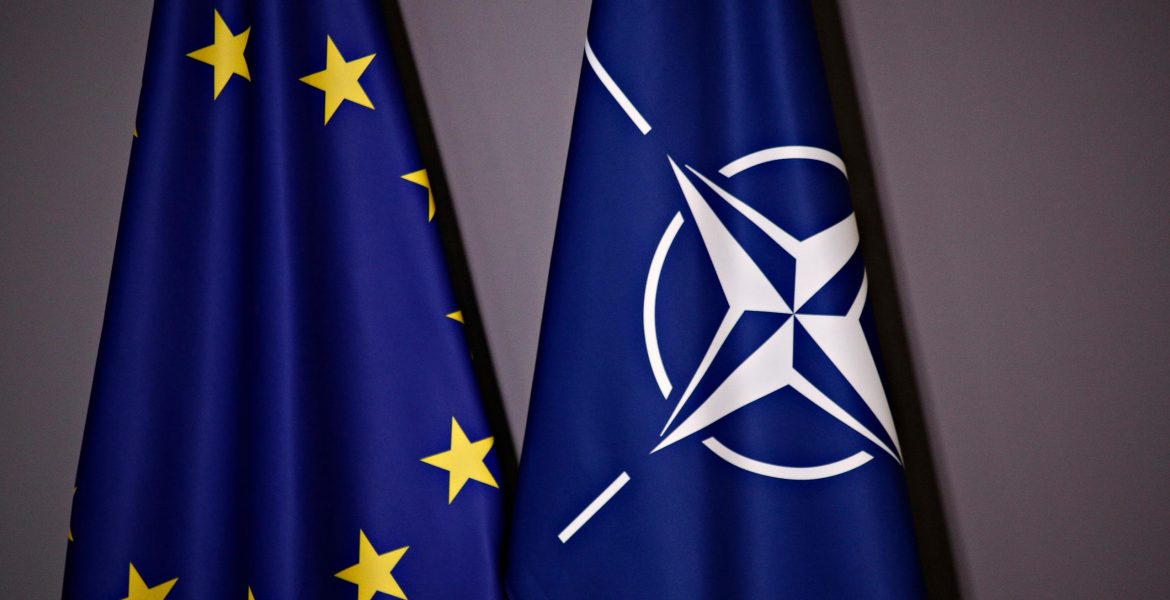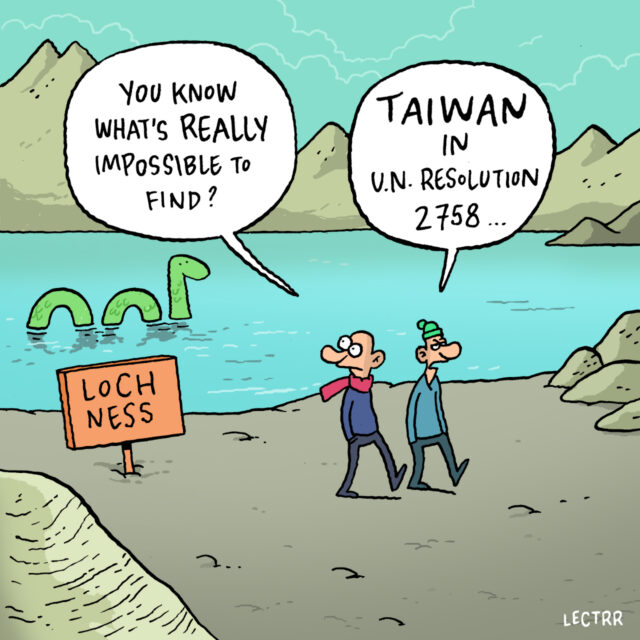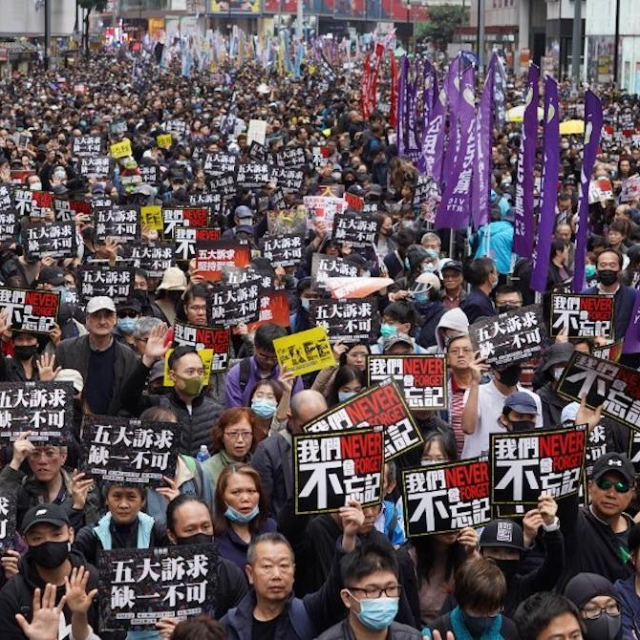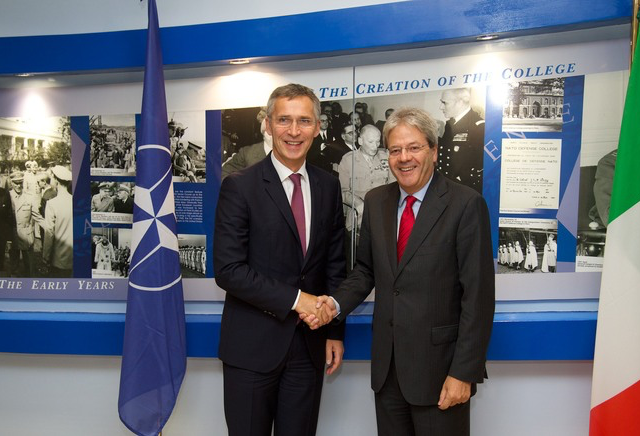Vladimir Putin’s invasion of Ukraine has established a new political and military reality in Europe. But the continent faces other challenges in the Western Balkans, the Middle East and Africa. Meanwhile, China poses increasing problems for the EU and NATO. NATO’s Strategic Concept confirms the alliance’s revival, and sharply orients it on deterrence and defence against Russia, write Ian Bond and Luigi Scazzieri.
At the same time, the conflict in Ukraine has underscored the EU’s central role in European security. The EU Strategic Compass, released just after the start of the conflict, makes clear that the EU’s efforts will focus on countering economic and hybrid threats, fostering co-operation in developing military capabilities, and encouraging member-states’ military forces to work together better.
The EU and NATO can both contribute when it comes to strengthening partners, stabilising neighbouring countries and developing military capabilities. The two must draw the right lessons from the war in Ukraine and act accordingly.
The authors recommend that: Europeans should live up to their pledges to increase defence spending, investing significant sums to increase their military deployments and pre-positioned stocks on NATO’s eastern flank, and improving the readiness of their militaries. They cannot rely on the US to continue to underwrite their security in perpetuity. The EU and NATO should consider how to increase peacetime weapons stocks, and work with defence companies to increase production more quickly.
The EU should be more ambitious in its efforts to support European security. It should assume a bigger role in co-ordinating increased defence spending; supporting efforts to strengthen European military capabilities; and pushing countries to co-operate more in developing and procuring military capabilities as well as joint maintenance and logistics. EU states and other NATO members should ensure that their defence markets are as open to each other as possible, to ensure efficiencies of scale.
NATO should re-invigorate its efforts to standardise equipment, and the EU should leverage its funding to encourage member-states to integrate standardisation and interoperability into project design. The authors argue that Europeans will have to do more to look after their own security, acting nationally, in small groups and through the EU and NATO. Putin’s war of aggression against Ukraine has shown that defending European values and interests is a matter of life and death.
The Authors, Ian Bond and Luigi Scazzieri, are respectively the Director of Foreign Policy and a Senior Research Fellow at the Centre for European Reform.




